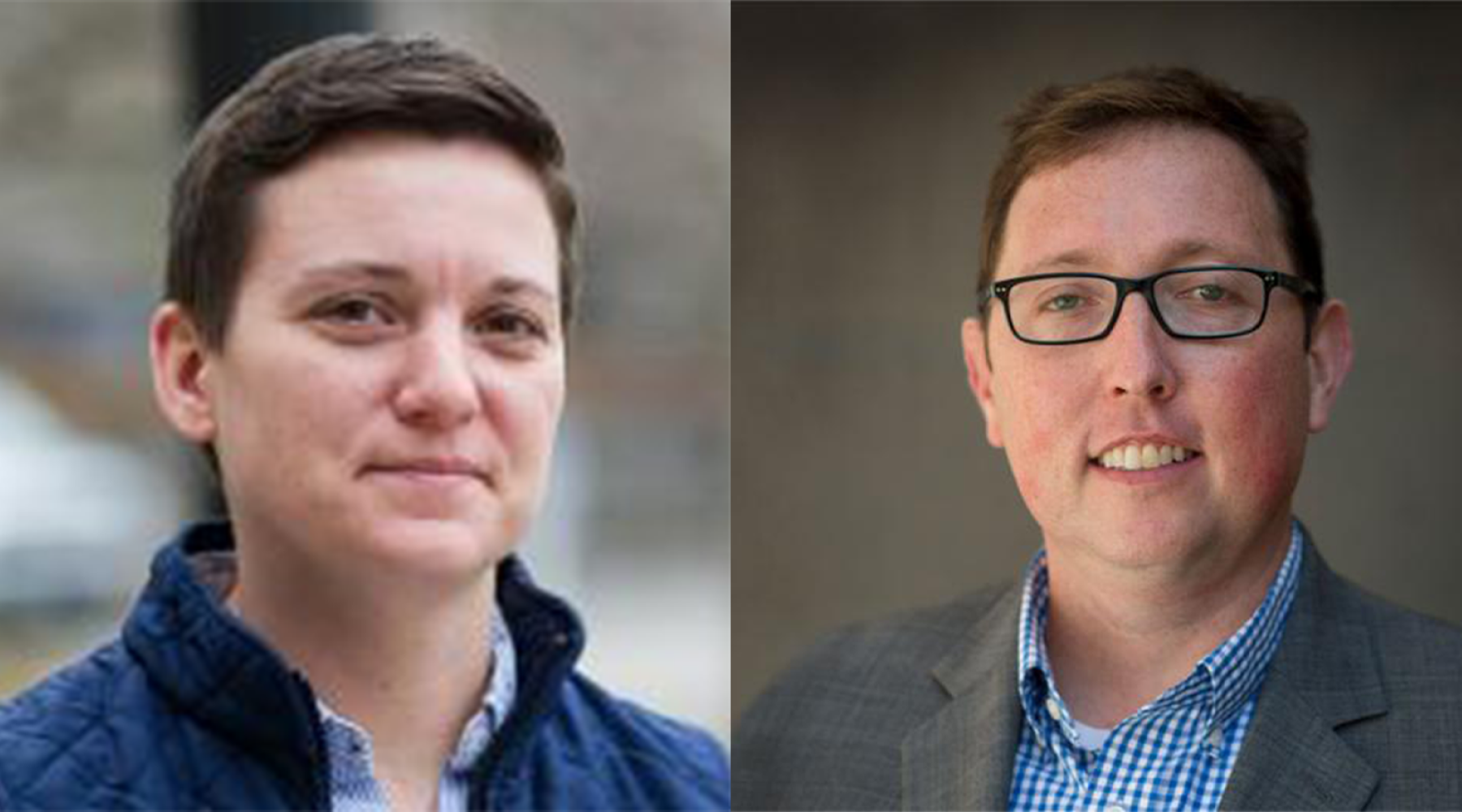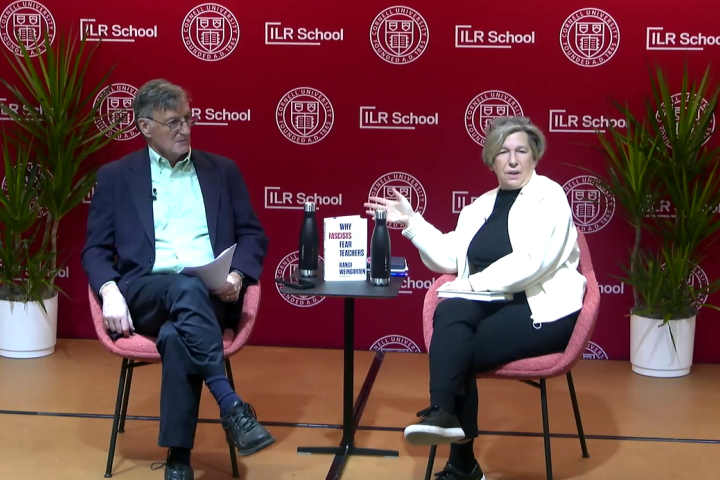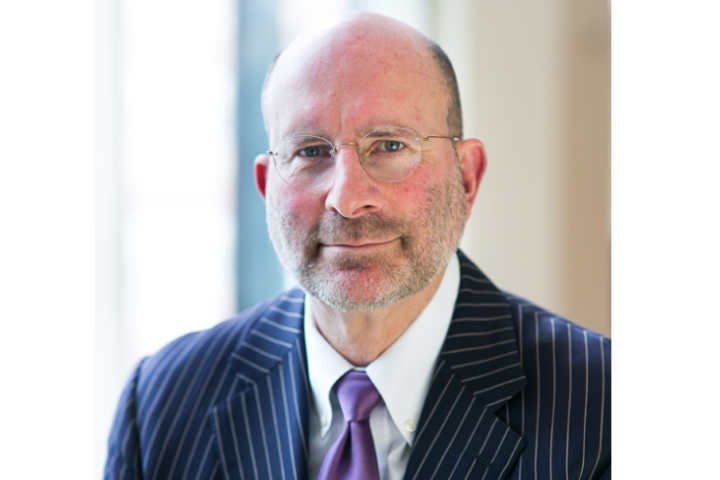
Scheinman Faculty Mediation Program Contributes To Cornell Culture
Since the spring semester of 2020, Katrina Nobles, Director of Conflict Programs at the Institute, and Ariel Avgar, ILR Associate Professor Labor Relations, Law and History and Associate Dean for Outreach, have worked to develop a peer mediation program designed for faculty.
Stemming from a partnership between the Scheinman Institute and the Office of Faculty Development and Diversity, the Faculty Mediation Program is designed primarily to help address interpersonal issues between faculty members. So far, the program has resulted in the training of two cohorts of six faculty members each.
Whether they participated in person pre-pandemic or virtually more recently, the faculty members involved have been enthusiastic participants. The program is a volunteer opportunity, not a requirement of any department. The faculty volunteers have come from a variety of schools within Cornell, which has allowed the program to benefit from diverse perspectives.
The successes of the program go beyond the twelve faculty members who have already been trained. “What’s exciting about this is our effort to have an impact on the climate of the university and the skills and capabilities that individual faculty members have,” says Avgar. “We’re advancing skill levels in a number of ways.
One is the actual faculty peer mediators that we’re training, but those individuals are trained to then engage their colleagues in a manner that enhances skills and capacities and capabilities.” Avgar also notes that the Faculty Mediation Program is one segment of a larger effort to use the Scheinman Institute’s ability to train mediators to benefit the campus community. He plans for this overarching effort “to expand to include graduate students, staff, and other stakeholders within the university.”
According to Nobles, the Faculty Mediation Program ties in with recent university actions aimed at alternative dispute resolution methods. “The new code of conduct, specific to students, really started to shift things to a restorative lens." She added that this comes from a vision for creating a more inclusive campus, and “how we interact with each other, especially around conflict and conduct."
As the program is implemented, Nobles is excited about what it brings to Cornell. “We’re looking at ways that we can have a positive impact within our university community. We do this [peer mediation training] as outreach for outside organizations, and it’s great to bring that back to the university.”



